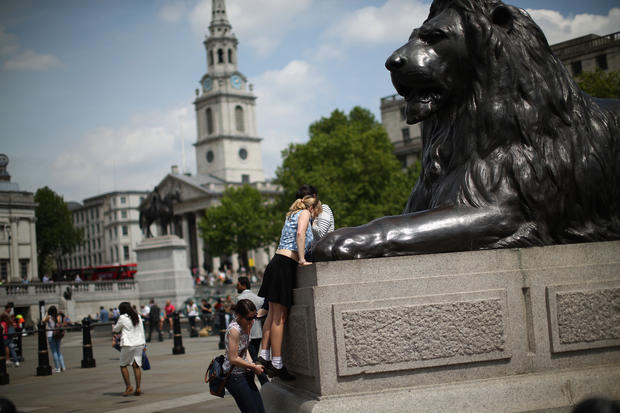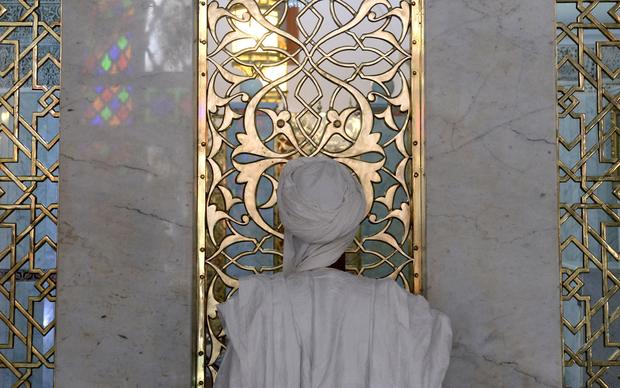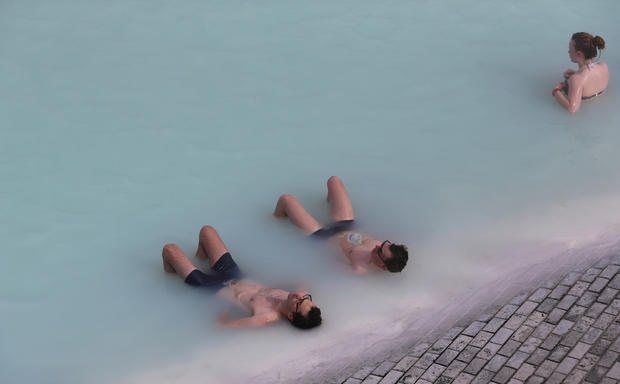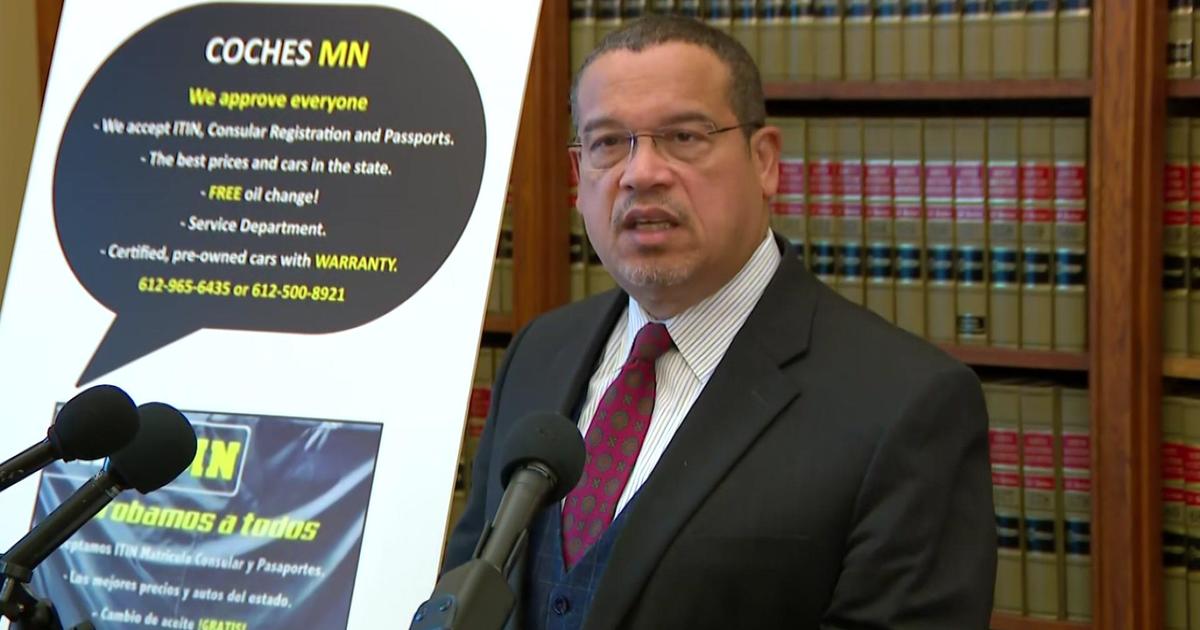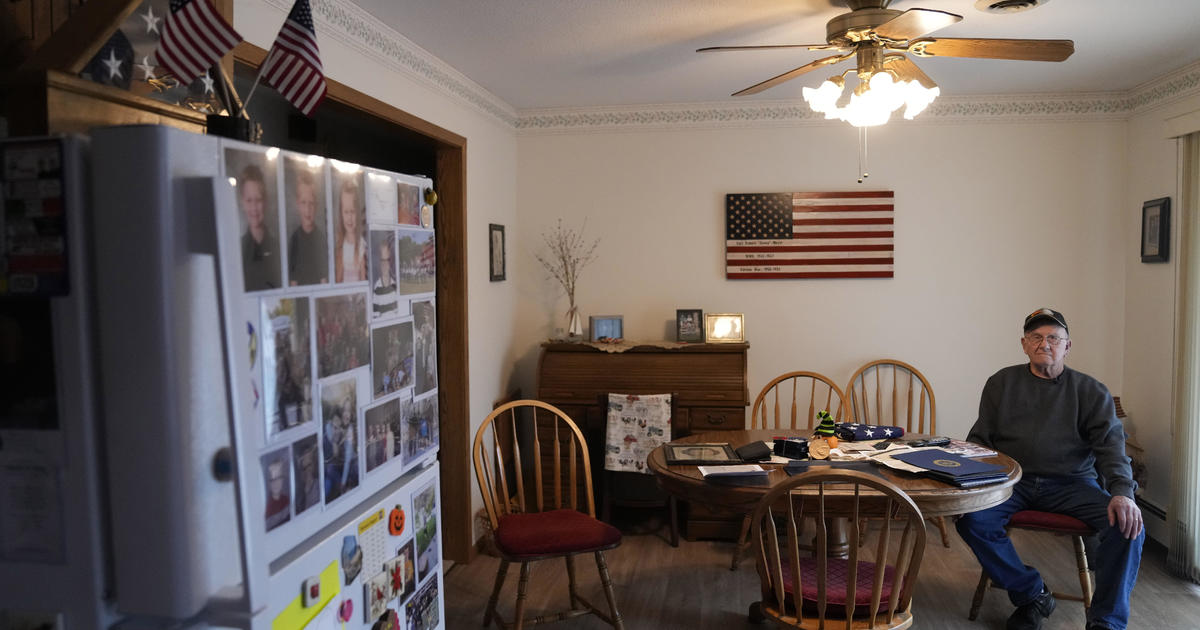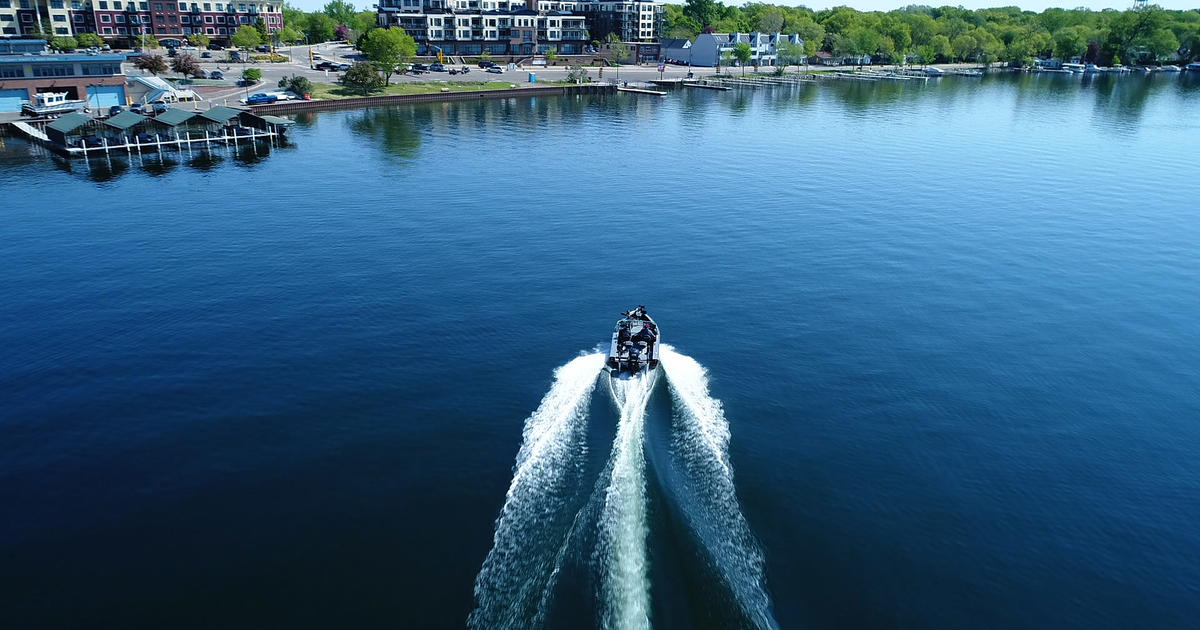Ask A Minnesota Expert: Tips For Traveling Internationally On A Budget
People are traveling more than ever. Whatever the reason, traveling is important. It can also be intimidating. There is a lot you have to prepare for when traveling internationally, but it's not hard to travel for cheap. World traveler and expert on international travel, Kari Richtsmeier offers her advice on how to see the world and still have a few dollars left when you get home.
Kari Richtsmeier
Director of International and Off-Campus Programs
Hamline University
1536 Hewitt Ave.
St. Paul, MN 55104
(651) 523-2800
www.hamline.edu
Kari Richtsmeier has been sending students across the world for years to learn and grow, as well as being constantly on the move herself. Her connections all across the globe have sent her south of the border to northern Europe and beyond. Every country and every city has taught her something different. Over the years, she has learned the ins and outs, tips and tricks of touring the globe and how to go where you want to go, see what you want to see and truly experience the joy of travel without spending your last dime.
Know Where You Are Traveling And Why
When traveling, always be aware of the country where you're heading. If you're unfamiliar, or have never traveled to that country before, make sure you understand what is waiting for you versus what you're looking for. Countries within continents often have different rules, even just crossing one border. So if you're traveling to say, Africa, make sure you do research on the specific region to which you're traveling.
A good way to save money is to consider options other than your first choice. For example, if you're looking for a beach vacation, consider a country like Belize instead of the more popular and often overbooked (i.e. more expensive) trip to Mexico. It is fun in the sun and sand for a much cheaper price.
Booking Your Flight
Be aware of when you're buying plane tickets. Don't buy on the weekend, Friday through Monday, as you'll always find better deals Tuesday through Thursday. Also be aware of holidays, as those are the busiest travel times and ticket prices tend to shoot up. Know the holidays not only for the United States or your home state but also for those of the country you're traveling to, as either one can quickly make tickets go from "that's reasonable" to "mortgage of a house."
Buy your tickets as early as possible. Also, always be on the lookout for sales. Airlines will have sales on tickets, for example spring break sales would occur during October and sales for the summer would happen in April or May, so always look at the schedule for sale dates and find yourself a cheaper flight.
Where To Stay
Research is incredibly important. There are always deals for cheap stays around the world. For example, A&O Hotels and Hostels, a European institution, will have incredible deals for singles and families alike. Or, if you become a member of a site like Hotels.com, you can earn free nights based on how many nights you stay. Deals such as these can cut down considerably on living costs.
There are always cheaper options as well if you're really looking to save money. Couch-surfing (through Airbnb or other sites, or if you have contacts within the country you're traveling to) can be a fantastic option to save money. Always be conscious of the neighborhood in which the home is located. If it is too far from the city center or from public transportation, or if it is in a dangerous neighborhood, it might be wise to look elsewhere.
Related: The 25 Best Beaches In The World
Safety
To avoid getting lost, the first thing you should do is get a map of the city. Learn the location of your hotel/hostel/etc. and the neighborhood it is in, and remember landmarks in the area so you can find your way back whenever necessary. Take some time to learn the streets that surround where you're staying, and the streets that lead back to it.
Also, always make sure you know the emergency numbers, the "9-1-1" of the country to which you're traveling. Often the numbers for police and public services like fire stations are different. Familiarize yourself with these numbers in case of an emergency.
For Students
If you have a student ID, always carry it with you, as there are often student discounts for shows, tours, museum entry (if you are unable to go on the aforementioned free day), etc.
Another great option for students is to get an ISIC (International Student Identity Card) that is recognized in countries all over the world. This card is good for rebates and discounts of all kinds, from hostels to city guides to minutes for your phone, making the trip for students, especially those on a budget or traveling to more than one country, easier and cheaper.
Sightseeing
Every museum has a free day. The Louvre, for example, has a free admission on the first Sunday of the month from October to March, and free-admission on Friday nights, as well as other options. You can see some of the world's finest museums for free, and if you travel during non-peak times, which is a good idea for other reasons previously suggested, you won't have to fight crowds of tourists to do it.
If you're taking tours, make sure to book in advance. This will often save money and help avoid fees of buying tickets same-day. This can also be extremely helpful when you have a limited amount of time, as you will already have your tickets and can avoid potential lines.
This also where a student ID can come in handy, as student discounts for shows, tours, museums, etc. are quite common.
Dining and Drinking
Most hostels, and many hotels, offer a complimentary breakfast. It's smart, if you're looking to save on food costs, to load up as much as possible on breakfast. This will keep you full for most of the day, and you can often wait to eat again until late afternoon. You can often get away with only eating two full meals a day. It's expensive to go out to eat in many areas, especially those with high rates of tourism.
Avoid "Irish Pubs" in countries other than Ireland. There are Irish Pubs in almost every country in the world, especially countries with high rates of tourism, and they are almost always extremely expensive tourist traps. Not only will the prices be high, but as they are typically filled with international travelers and tourists, they are hot spots for rip-off artists and thieves.
If you are looking to go out, always find out where the university students go. These are typically the cheaper, less-touristy and ultimately safer bars and nightlife places to go.
Language and Etiquette
It's important to learn the phrases "please" and "thank you" if you're traveling to a country where you don't speak the language. "Do you speak English?" is also an incredibly useful phrase, as even if the person you're asking doesn't speak English, they can often point you in the direction of someone who can.
There is also a translator app that lets you translate just about any language with your phone or tablet. Simply take a picture of the text you wish to translate and let the app turn it into English. This is useful not only for reading signs and menus, but also to avoid added fees, fine print or confusing jargon when traveling in foreign countries.
Related: Best Budget Vacation Destinations
Adrian Schramm is a resident St. Paul writer with a passion for all things local. Through his work with St. Paul Almanac and Minneapolis Examiner at Examiner.com, as well as in the kitchens of bars and restaurants around town, he has discovered what truly makes the Twin Cities tick.
